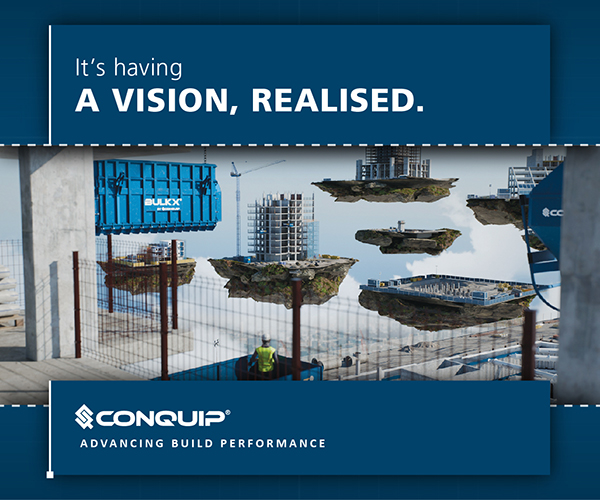The National Infrastructure Commission was set up in January 2017 as an attempt to depoliticise infrastructure planning, build political consensus, and so end the constant delays facing major projects. The cancellation of HS2’s second phase is demonstrates that it has failed in that task but continues to pump out reports and opinions.
Today it has published its second five-yearly national infrastructure assessment. In it, it calls for more spending on infrastructure.
“The UK’s infrastructure has proved fairly resilient over recent decades, but faces increasing exposure to shocks, including from the environment. Better maintenance and renewal of the existing asset base will be essential, as will building new infrastructure to protect households and businesses from flooding and drought,” it warns.
“Delivering low carbon and resilient infrastructure will require a significant increase in overall investment. The costs as well as the benefits of transforming the UK’s infrastructure will be borne by the public as taxpayers and billpayers. But making these investments will help lower costs for households and keep them lower in the longer term. These upfront investments will be paid for by consumers in their bills over the coming decades, not all at once.”
It says: “While infrastructure performs well in some areas, in others there are significant deficiencies that are holding the UK back. There has been under investment in transport systems in regional English cities, no major water resource reservoirs have been built in England in the last 30 years, too many properties are at risk of flooding, and recycling rates have not increased in a decade. This situation must improve.
“Infrastructure is pivotal to addressing some of the biggest strategic challenges facing the UK, namely decarbonising the economy, boosting economic growth, and improving resilience and the environment. Proactively tackling these challenges provides an opportunity to bring major benefits to the UK. Government, regulators and industry must act urgently, with policies of sufficient scale to move the dial and enable rapid delivery on the ground. Doing so will require significant investment in economic infrastructure and the transition should be affordable and fair. This is a big task. But it is achievable. The UK has made major changes to infrastructure before — from building the electricity ‘supergrid’ in the 1950s to constructing the strategic road network in the 1960s and 70s — and can do so again.”
The commission calculates that government’s commitment to a sharp increase in public sector investment in infrastructure to around £30bn per year will need to be sustained until 2040. This sits at the top of the funding envelope set by the Treasury for the commission’s recommendations of up to 1.3% GDP a year. Meanwhile, private sector investment will need to increase from around £30-40bn over the last decade to £40-50bn in the 2030s and 2040s.
Attracting this investment to the UK will require a new approach, says the commission:

- policy stability: setting out a clear plan and sticking to it, to lend certainty to investors and help build up supply chains
- pro-investment regulation: clear guidance from government on priorities, investment ahead of need and business models to support emerging technologies
- speeding up the planning system for major projects, particularly energy transmission schemes: with regularly updated National Policy Statements from government, strategic spatial planning, more effective sharing of environmental data and clearer community benefits in return for hosting key infrastructure.
Writing in the report’s foreword, Sir John Armitt, chair of the National Infrastructure Commission, said: “The good news is that modern, reliable infrastructure can support economic growth, help tackle climate change and enhance the natural environment. We stand at a pivotal moment in time, with the opportunity to make a major difference to this country’s future. But we need to get on with it.
“People often talk about infrastructure as the backbone of our economy: what our infrastructure needs now is the collective mettle to turn commitments into action that will reap rewards for decades to come.”
Institution of Civil Engineers director general Janet Young said: “If the UK continues its stop/start approach to infrastructure planning and fails to commit to long-term goals, it will not only miss the much-needed opportunity to attract private investment to deliver needed projects, the problems being faced by the public will get bigger.
"Today’s national infrastructure assessment (NIA2) from the National Infrastructure Commission reinforces the central role that infrastructure plays in meeting the big challenges that the UK faces – namely, regional inequalities, decarbonising society, and improving climate resiliency.
“Since the first NIA, good progress has been made against its recommendations. For example, there’s been tremendous growth in renewable energy. But in other areas, like reducing transport emissions, progress has been slow.
“Politicians should use the recommendations in NIA2 to keep making progress. When they do, results are visible, and people benefit. When they don’t, problems get stored up for the future.”
Download the second national infrastructure assessment at nic.org.uk/app/uploads/Final-NIA-2-Full-Document.pdf
Got a story? Email news@theconstructionindex.co.uk



